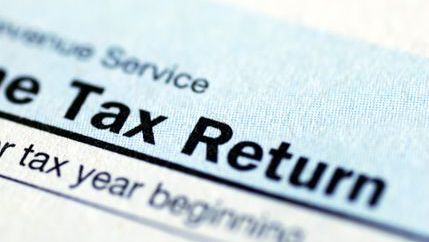
Those with income over £30,000 will be brought into scope from April 2027.
A major shift in property income
Agents should use HMRC’s online guidance to check whether their business will need to follow the Making Tax Digital rules that will apply from 6 April 2026. The tool helps confirm who is affected and when they will need to start using the MTD service.
Businesses and landlords that fall under the MTD rules will be required to:
- Register for MTD Income Tax Self-Assessment (ITSA) before the start of the tax year when they become eligible
- Keep financial records digitally in MTD-compliant software and ensure they are regularly updated
- Report a summary of business income and expenditure to HMRC each quarter
- Make a final end-of-year report, which replaces the normal self-assessment tax return
Check when you need to follow the MTD rules →
Landlord awareness remains limited
Many landlords may not yet realise that Making Tax Digital will apply to them. With little public information available so far, agents are well placed to explain what the upcoming requirements mean in practice.
900,000 more sole traders and landlords to be swept into Making Tax Digital
The UK Government’s Making Tax Digital (MTD) initiative is transforming how taxes are reported and managed, with significant implications for property agents. Self-employed individuals and landlords earning over £50,000 per year must comply with MTD for Income Tax Self-Assessment (ITSA) from 2026, and those earning over £30,000 from April 2027. In her Spring Statement on 26 March 2025, Chancellor Rachel Reeves, MP, announced that the threshold will decrease to £20,000 in 2028.
Getting to grips with digital record-keeping and quarterly reporting, particularly if no accounting software is used or multiple properties are managed, is imperative.
HMRC is expected to provide further guidance to help those affected; however, understanding the rules is key, and property agents can support their landlords by having conversations and signposting to support.
Propertymark supporting the sector
We are advocating for clearer information from HMRC and continue to push for affordable, easy-to-use digital systems that support both landlords and agents. Propertymark is collaborating with the UK Government, software providers, and industry stakeholders to help agents understand what’s ahead and prepare in good time.
We have long highlighted the cumulative pressure that successive tax and financial changes, including Section 24, increased stamp duty surcharges, and the upcoming Making Tax Digital reforms, have placed on landlords. Our 2023 position paper, Impact of Tax Changes on the Private Rented Sector, details how these measures have steadily reduced profitability and discouraged investment in rental housing.





